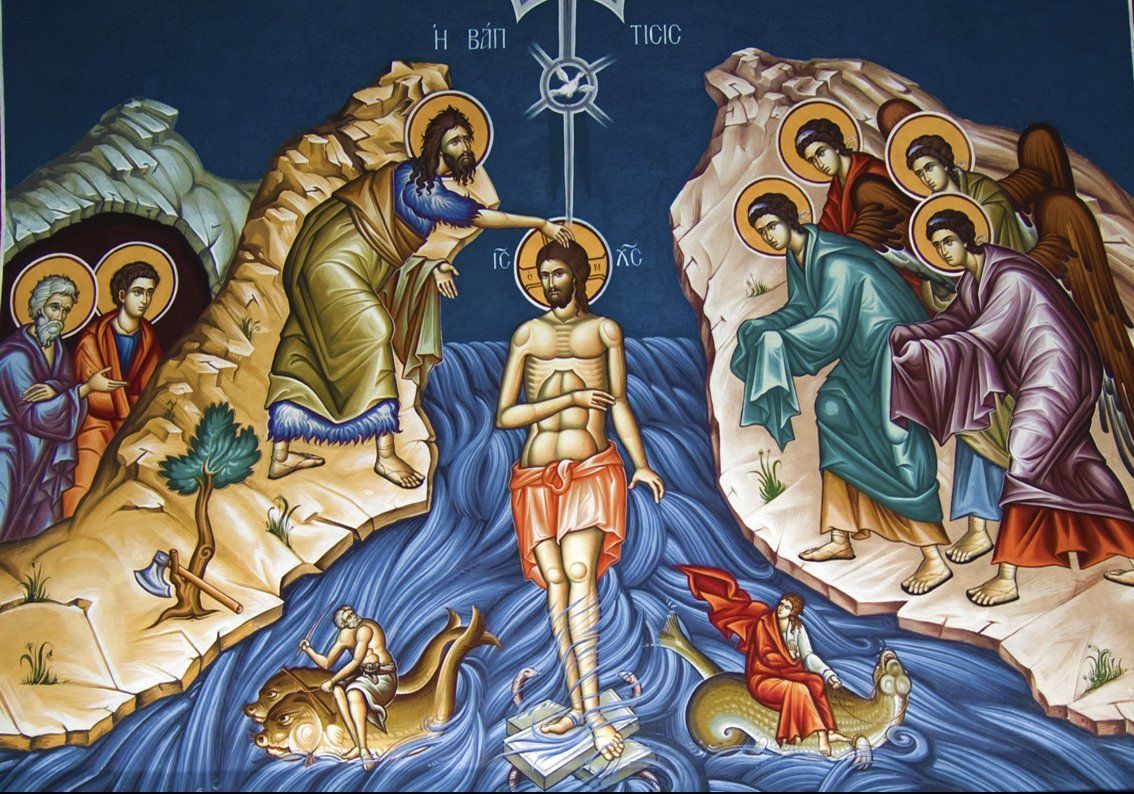Message of Abbot Paul - Friday 16th December 2022
Abbot Paul • December 15, 2022

Since the beginning of Advent, there’s been a great deal of emphasis placed on St John the Baptist in the Scripture readings of the Liturgy, especially at Mass. Today’s short Gospel passage presents us with a testimonial given by Jesus on John, (Jn 5: 33-36). It reads without any context like a text plucked out of thin air, so let’s deal with it like that. Jesus is addressing “the Jews.” This term is often used in John to denote those who oppose Jesus in general. Let’s see what he has to say.
“You sent messengers to John,
and he gave his testimony to the truth:
not that I depend on human testimony;
no, it is for your salvation that I speak of this.
John was a lamp alight and shining
and for a time, you were content to enjoy the light that he gave.
But my testimony is greater than John’s:
the works my Father has given me to carry out,
these same works of mine testify
that the Father has sent me.”
Jesus reflects on the testimony given of himself by John. When they sent messengers to John to ask him if he was the Messiah or if, perhaps, another, Jesus for example, was the Messiah, the Christ, he gave witness to the truth. Later in the Gospel, Jesus will say to Thomas, “I am the Way and the Truth and the Life.” The truth to whom John bears witness is Jesus, not that Jesus needs human testimony, for God is his witness. John was a lamp shining in the darkness, pointing to the hope that lay ahead, but now that Jesus has manifested himself to Israel, that light is no longer needed. John has done his work, for now a greater witness is present in the world, Jesus himself. Jesus can now carry out the works the Father has given him to do and these works alone will testify that Jesus is the Son of God and Saviour of the world. For us the question is whether we believe the word of Jesus or not.









